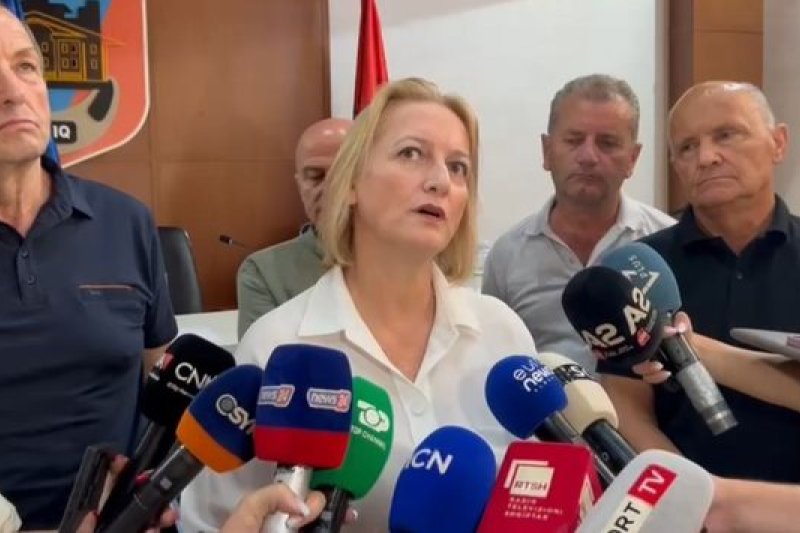'Agriculture Requires Union, Formalization'
Minister of Agriculture and Rural Development, Anila Denaj, recently held a meeting with farmers in the Maliq area of Korça in response to ongoing protests over unsold agricultural products. During the meeting, Denaj expressed her support for the protesting farmers and emphasized the need for communication and cooperation to address their concerns.
Denaj laid out a strategy for Albanian farmers to become more competitive in the market, highlighting the importance of increasing the quality of their products through the formalization of the agricultural economy and the union of farmers. She stressed that while these might seem like abstract concepts, they are essential for improving competitiveness, increasing automation, and reducing costs. The minister also mentioned that without formalization, government structures cannot effectively support farmers based on contracts, making formalization a key priority.
Focusing on staple products like potatoes, apples, and onions, Denaj advised farmers to plan their production more strategically. She noted that nearly 94% of the local market's needs are met by domestic production, with only 6% being imported. However, she pointed out that the Albanian and regional potato markets face limitations in accessing EU markets due to restrictions imposed by DG SANTE, the European Commission's health and food safety authority. As a result, she encouraged farmers to reduce production costs to better compete with imported goods.
Denaj also emphasized that the lack of formalization in the agricultural sector is a significant barrier to tracking and supporting agricultural products through contracts and agreements. She called on farmers and the government to recognize the importance of formalizing the economy between the parties involved.
In her appeal for increased cooperation, Denaj highlighted the benefits of collective farming efforts, which can lead to greater efficiency and profitability through the use of advanced agricultural machinery. She also noted that the distribution of agricultural subsidies has begun, with those farmers who are part of the union of operators receiving 100% of the subsidy scheme. This, she stated, is the model that should be followed to ensure success in the agricultural sector.













